Interview with Milênio Stadium Newspaper
Click the following link to read the interview in full at https://mileniostadium.com/12-de-novembro-de-2021/
The interview was conducted by the MDC Media Group (Camões TV / Camões Radio and Milênio Stadium Newspaper), a media based in Toronto-ON, dedicated to the communities of portuguese language and beyond.
We were delighted to contribute to a local news media outlet that focuses on the portuguese language and in particular for this week it was "Coffee in the world – the social component of the 3rd most consumed beverage in the world".. 
Interview Re-posted in Full below:
Making a good coffee has its tricks and the associated business has been adapting to the demands. On the one hand, the economic sustainability in the sector and, on the other, the diversification of supply.
In 2001 the Canadian Barista Institute (canadianbaristainstitute.com) was born with the aim of preserving the art of being a Barista. The introduction of new technologies, providing depersonalised sales - using dispensing machines - brought us to a concerning point: the increasing devaluation of the Barista or even the coffee shop owner. This was the biggest stimulus to start searching for solutions that would maintain jobs and guarantee the provision of a quality service. In this interview, Les Kuan explains what kind of work has been developed by this academy and clarifies the importance of preserving ancestral techniques when serving coffee.
Milénio Stadium: This academy was created in 2001 much because of the Canadian Barista Championships. At the end of the day, was the main goal to help increase the level of service quality of those who work in the area?
Les Kuan: At the time, in the early 2000’s, artisan 3rd wave coffee was almost non-existent in Canada. It was during this time that Starbucks was moving to push button machines and the craft of being a barista was potentially being abandoned. From this arose a protest movement in response which became known as 3rd wave or artisan coffee. Our role was to take the seed of this movement and spread it across Canada mainly through our classes and the barista championship.
MS: At this moment, the search for a higher quality goes beyond the competition. Is it now a matter of giving answer to a growing demand of quality by the clients?
LK: In reality the consumer has been confused about what is good quality because most consumers are drinking substandard quality coffees that are over roasted and stale . The third wave movement and competitions were intended to teach consumers what high quality coffee really tastes like and how the simple choice of buying freshly roasted coffees 3-14 days old can change their expectations. So it's more of reaching out and educating consumers rather than just pushing quality fresh coffees in front of them.
MS: What skills should a Barista or a person who wants to work in a coffee shop have?
LK: Love of coffee, commitment to excellence, and the understanding that " good enough" is something a 3rd wave barista should never accept. Fast food is good enough, but fine dining demands a higher standard. We need to apply this higher standard also to customer service. We have proposed a ‘code of conduct’ that is consistent in their level of professionalism and service. Learn much more here:https://canadianbaristainstitute.com/blogs/news/code-of-conduct-coffee-shop
MS: What can be done differently with the raw material “coffee"?
LK: By nature, most people are always looking for the next greatest thing, but in reality we need to fix fundamental problems first. If we buy and drink fresh harvested and fresh roasted quality coffee and teach your friends and family that the dates on the bag of coffee should not go beyond one month, that coffee is more than a generic bag of coffee that we buy from a grocery store that is stale and low quality.
MS: Can the coffees you work with also make a difference in the final product presented to the consumer?
LK: Quality definitely matters but not if the beans aren't fresh. Think of cooking. It doesn't matter how good your ingredients are if they aren't fresh and if the cook doesn't know what he's doing.
MS: We can read the following on your website: “Our objective is to educate - we simply want to improve coffee quality in Canada, one cup at a time”. Can we say that these years of your existence have already contributed to a change (for the better) in this professional area?
LK: We are proud of our history and contribution to the baristas and new entrepreneurs across Canada and look forward to many more years of continued growth. But the work never stops, we have many more coffee drinkers to educate which means we need to keep on producing new artisan baristas to carry on the work .



